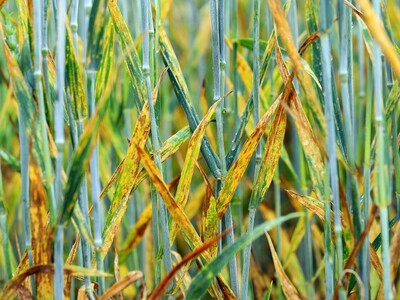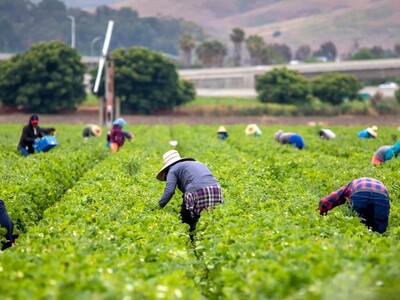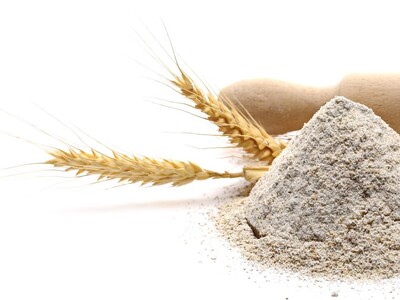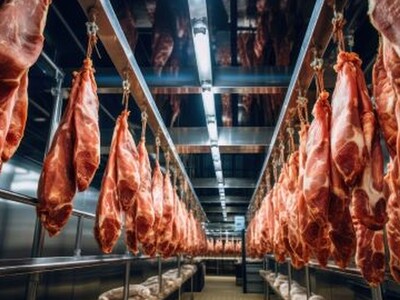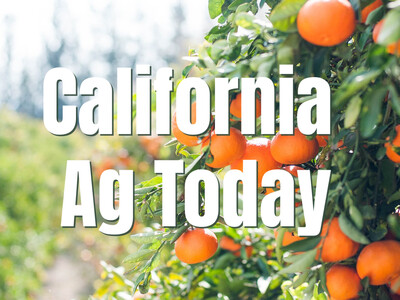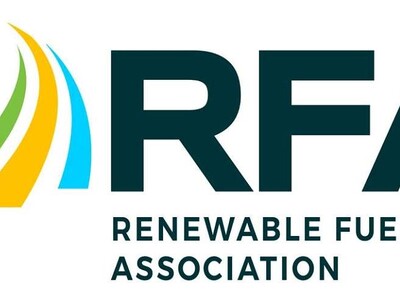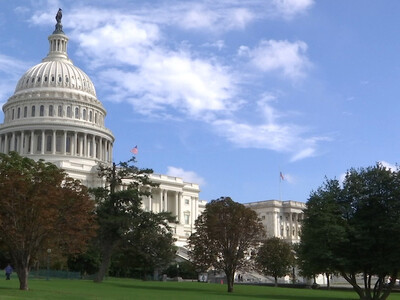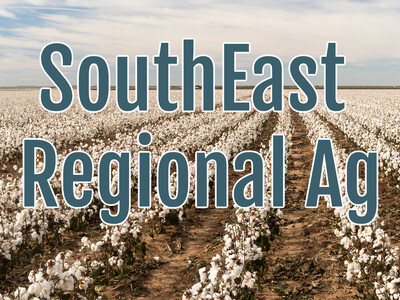Low Mississippi
Strong agricultural trade “headwinds.” That’s what former U.S. Ag Trade Ambassador Greg Doud--on a recent Farm Foundation forum--sees in 2023. During a recent Farm Foundation forum, Doud said the problem starts with the increasing value of the U.S. dollar that makes our farm exports more expensive and less competitive. But Doud, now with Aimpoint Research, says it doesn’t stop there.“And then you combine that with the fact that, I think, Brazil is just going to be absolutely, just busting the bins down there, here, as we get into the middle of next year. We need some water in the Mississippi River.”
If that doesn’t happen, U.S. beans will get clobbered by those from Brazil.
“The point is if we can’t get this stuff down the Mississippi by the middle of February and get it loaded on a boat, we’re going to miss our window, the Brazilians are going to take over, and there are going to be some disappointing trade numbers here.”
But it’s not just about going downriver.
“We need some water in that river so we can get some fertilizer up that river before spring planting. And if we can’t do that, that is going to be an issue, folks.”
The bottom line is this.
“2022, we’re probably going to have another record, in terms of Ag exports, but 2023, we’re going to have some very, very serious headwinds, both, in terms of demand-destruction in the world supplies from competitors and the strength in the value of the dollar.”
While the war in Ukraine could continue to add uncertainty to global grain, fuel, and fertilizer markets.




